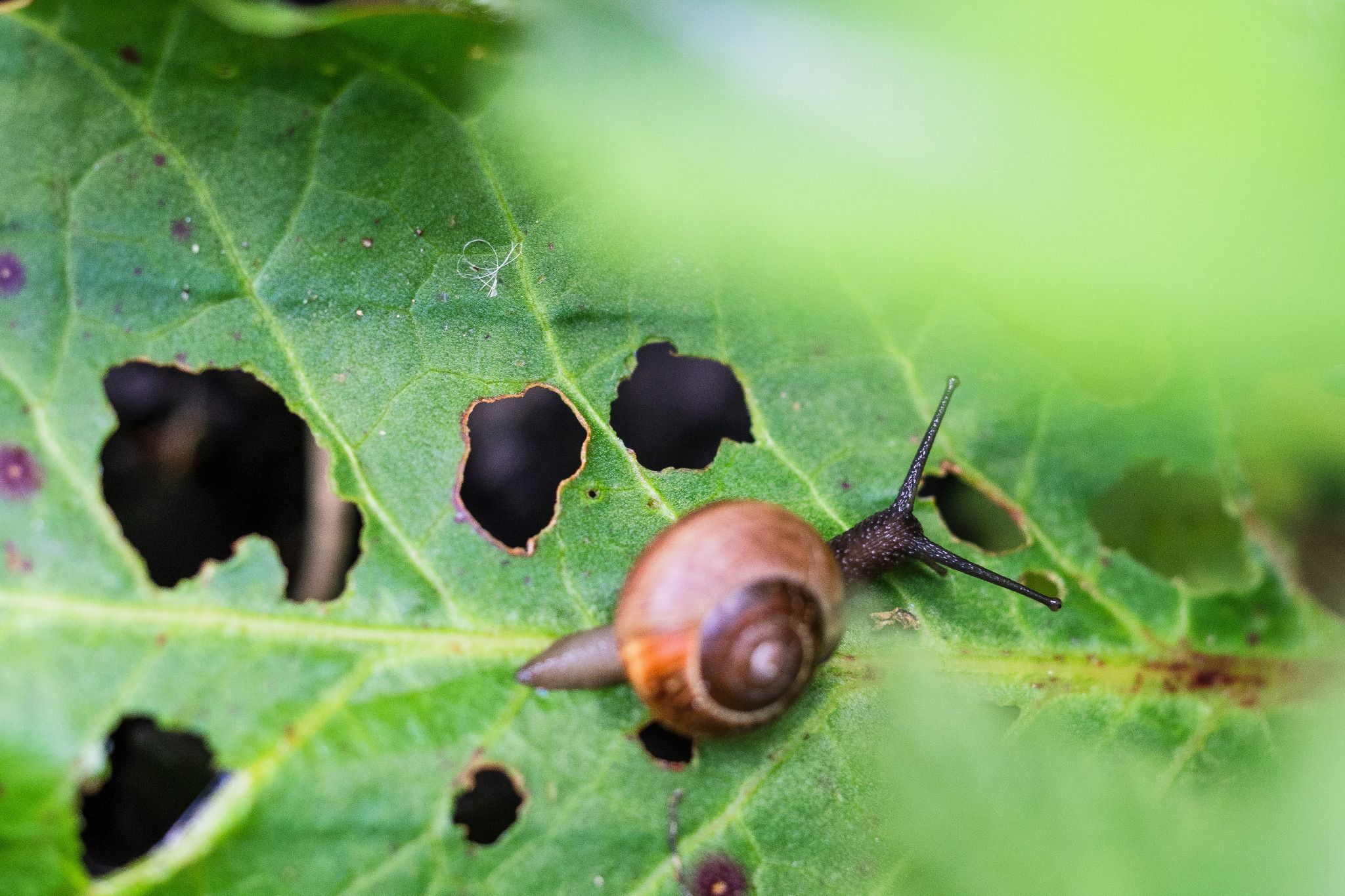Pests in your home can be frustrating and difficult to deal with. Bugs and rodents can cause trouble and damage your home. With the right knowledge and approach, you can keep your home pest-free. In this guide, we’ll talk about five things you need to know to control home pests.
Find The Most Common Bugs In Your Area
First, you need to figure out which pests are common in your area. Different places may have different kinds of bugs, depending on things like the weather, where they are, and how they live. Take the time to learn about the pests in your area.
Ants, cockroaches, spiders, rodents, and mosquitoes are all common household pests. If you know what these bugs like and how they behave, you can take steps to stop them from coming back.
Keep Your House Clean And Tidy
A clean and tidy house is less attractive to bugs that want food, water, and shelter. Sanitation is important for preventing pest infestations and keeping them out of your living space. Keep your house clean and clutter-free by vacuuming, sweeping, and mopping floors regularly, wiping down surfaces, and storing food and waste properly.
Pay special attention to areas where food and moisture are a problem, such as kitchens, bathrooms, and garbage bins. Seal holes and crevices where animals can enter and remove places where water is standing to stop them from reproducing.
Get Rid Of Entry Points And Harborages
Pests can enter your home through small cracks, gaps, and openings in doors, windows, walls, and foundations. Do a thorough inspection of your home to find entry points and seal them effectively to stop pests from getting in.
Use caulk, weatherstripping, wire mesh, and other good materials to cover gaps around pipes, vents, and utility lines.
Use IPM Methods To Control Pests
Integrated Pest Management is based on prevention, monitoring, and environmentally friendly solutions. IPM uses multiple strategies to address pest problems in a systematic and sustainable way. These may include biological controls, habitat modification, and repellents that are non-toxic.
Instead of spraying pesticides randomly, use traps, baits, and pheromone traps to monitor pest activity and target specific species. Crop rotation, termite treatment, and crop diversification can help reduce pest pressure in outdoor spaces.
When You Need Professional Help
Many pest control measures can be done by homeowners, but some infestations may require professional help. Pest control professionals can identify, treat, and prevent pest problems in your home. If you’re having trouble getting rid of pests on your own, don’t hesitate to call a pest control company.
When choosing a pest control company, check their credentials, experience, and reputation in the industry. Look for companies that are licensed, insured, and certified to make sure they follow industry standards.
Conclusion
To control pests in your home, you need to know a lot, work hard, and take preventative steps. By identifying common pests in your area, keeping your home clean and tidy, eliminating entry points and harborages, using integrated pest management techniques, and getting professional help when needed.
You can create a pest-free environment and protect your home and family from health and safety hazards. With a proactive approach and ongoing monitoring, you can enjoy a comfortable and pest-free living space for years to come.




